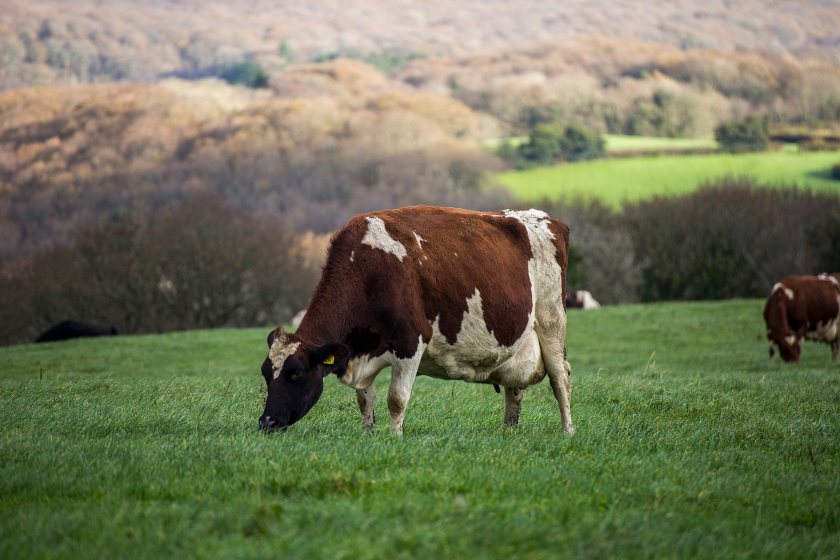
Britain’s battle to wipe out bovine TB is on course to fail unless the government injects more urgency and funding into its strategy, experts have warned.
Unveiling a review of government policy on 3 September, scientists said the 2038 eradication goal will only be achievable if badger vaccinations are rolled out rapidly and stricter measures are introduced to control infection within cattle herds.
They also called for the appointment of a dedicated figurehead to drive policy, secure more funding and ensure stronger co-operation across farming and wildlife groups.
The Labour government has pledged to phase out badger culling by 2029 and replace it with a vaccination programme.
But almost halfway through the 25-year plan, bovine TB continues to inflict heavy losses on both farming and wildlife.
In the past decade alone, 274,000 cattle have been compulsorily slaughtered in England, while more than 230,000 badgers have been culled since 2013.
Compensation bills are rising too — last year payouts for slaughtered cattle reached almost £23 million.
The review warns that bovine TB remains a significant challenge for the livestock sector, with serious consequences for animal health, farmer livelihoods and the public purse.
It stresses that while progress has been made, eliminating the disease will require greater urgency, leadership and funding.
“The goal of eradicating the disease by 2038 is very challenging but achievable. To get there a systems approach is required, utilising all tools that ministers decide are in scope.”
Alongside on-farm measures, the report highlights the need to tackle wider social and governance factors. It urges stronger leadership and closer collaboration between government, industry and stakeholders to keep the strategy on track.
“Eradication will require a stepping up of urgency and attention and a relentless focus on reducing the prevalence of a disease that has blighted livestock farming in England and other home nations for far too long.”
